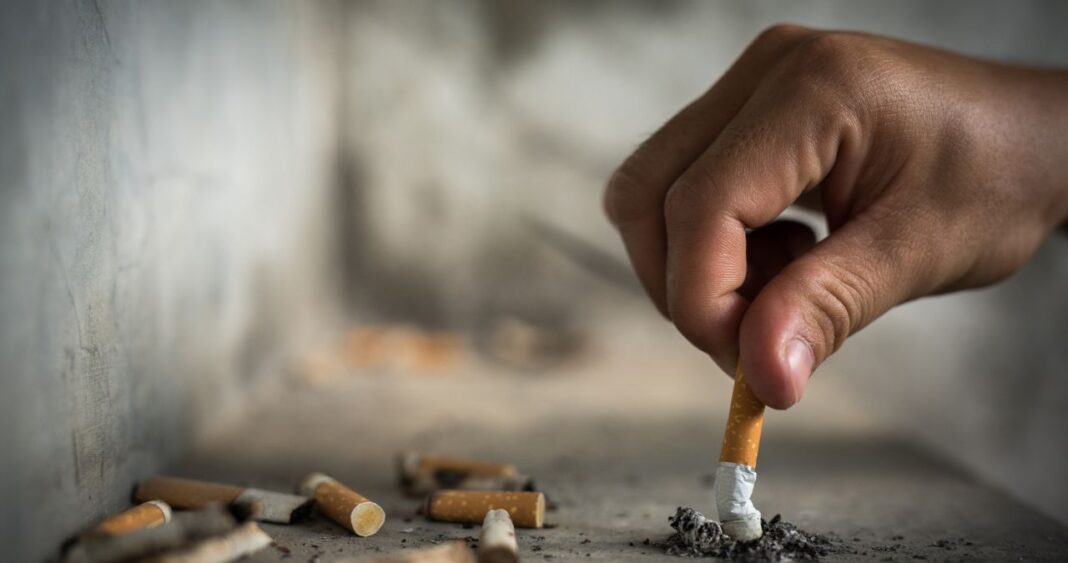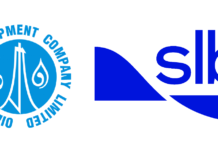The documented tobacco sector is sounding an urgent call for government intervention to combat the escalating issue of smuggled and illicit cigarettes, which have now surged to constitute more than 50 percent of the local market.
In a recent briefing on “Current Tobacco Dynamics,” representatives from the Pakistan Tobacco Company (PTC) raised alarm over the alarming market share held by these illicit tobacco products, projecting a potential surge to over 53 percent in the next quarter of the fiscal year 2023-24.
Relevant Read: Despite IMF concerns, Pakistan adamant on not implementing Track & Trace in Tobacco Sector
While a substantial 200 percent increase in excise duty (FED) on cigarettes was implemented, the full impact of this measure is expected to manifest in the current fiscal year. Sami Zaman, spokesperson for PTC, highlighted a distressing 44 percent decline in legitimate cigarette production in June, coupled with an overall sales dip of 28.4 percent for the 2022-23 period.
The application of the track-and-trace system, which seeks to monitor the tobacco supply chain, has been limited to just two international manufacturers, leaving the remainder of the undocumented tobacco sector largely unchecked. Zaman stressed the imperative need for uniform implementation across all local manufacturers to thwart tax evasion units from purchasing untaxed tobacco directly from farmers.
Moreover, Zaman expressed deep concern about the government’s apparent inability to effectively regulate the sale of untaxed and health-warning-free smuggled cigarettes. Presently, only multinational companies equipped with track-and-trace systems are subject to scrutiny.
Smuggled cigarettes, due to their evasion of taxes, maintain a competitive pricing advantage, evade graphic health warning requirements, and are often available in enticing flavors, sometimes even in loose packaging. Despite the substantial 200 percent hike in excise duty, the market remains inundated with untaxed and affordable cigarette options.
With a shortage of raw tobacco leading to price hikes, the burgeoning illicit market is poised to profoundly impact both legitimate industry volumes and government revenues in the impending quarter.
Despite contributing Rs. 175 billion during the 2022-23 period (compared to a Rs. 180 billion target), the tobacco sector witnessed an increase in excise duty collections even as volumes experienced a downturn.


















